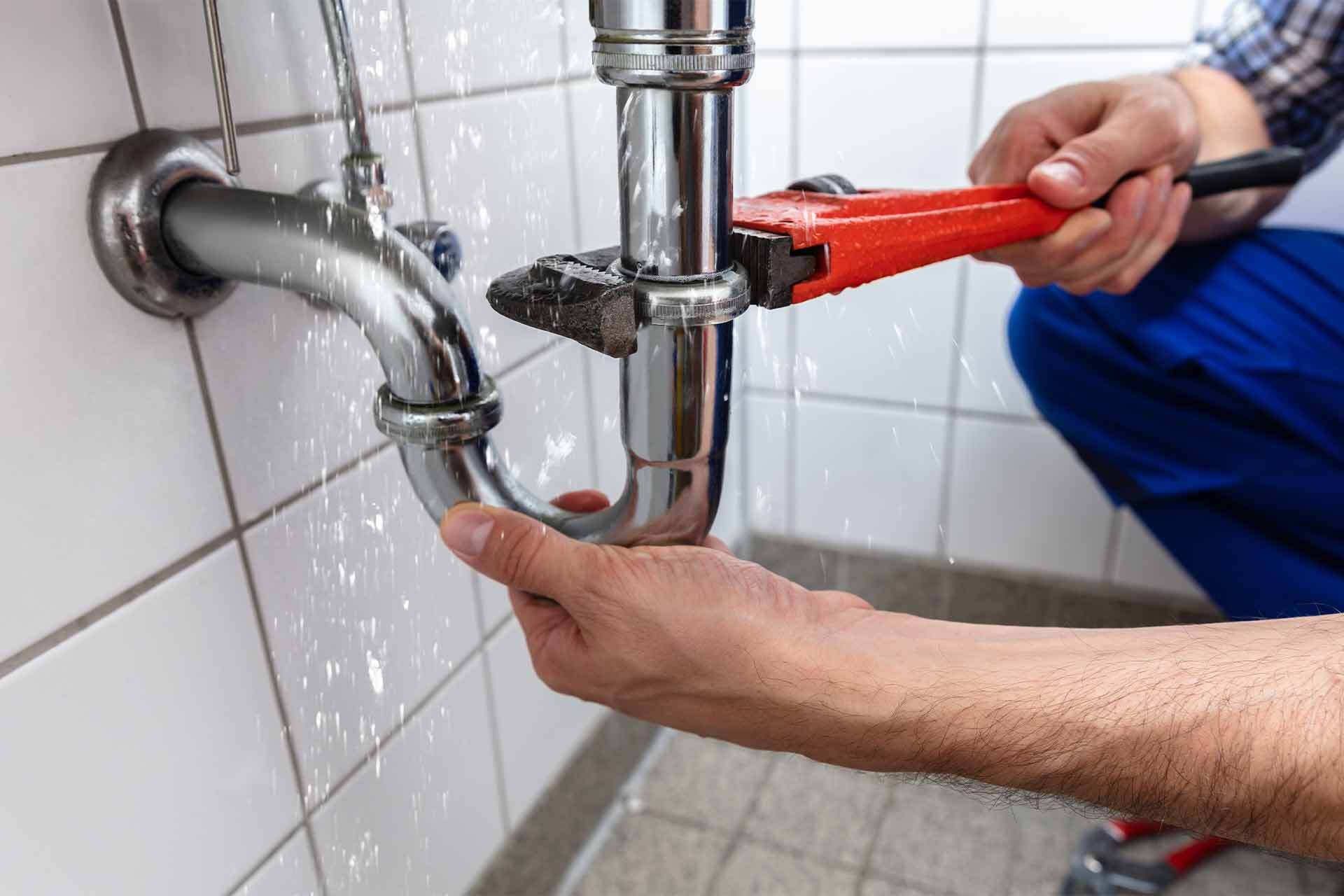We've come across this post involving General Plumbing Tips for New Homeowners below on the net and thought it made perfect sense to write about it with you on this site.

For brand-new home owners, understanding and keeping shower room plumbing can conserve both money and time by stopping costly concerns down the line. Here are some essential washroom plumbing pointers to assist you keep whatever running smoothly.
Prepare for Cold Weather
Secure your pipelines from freezing throughout cold weather by shielding pipelines in unheated locations like basements, attic rooms, and garages. Throughout extreme cold, allow cold water drip from faucets served by exposed pipelines to help stop cold.
Arrange Normal Maintenance
Consider organizing annual evaluations with a qualified plumbing professional. They can find issues that you might miss, such as concealed leakages or wear and tear on pipes and components. Regular maintenance helps expand the life of your pipes system and can avoid emergency situations.
Familiarize Yourself with the Main Shut-Off Valve
Recognizing where the major water shut-off valve lies in your house is vital. This allows you to quickly turn off the supply of water in case of major leakages or throughout plumbing emergency situations, avoiding considerable water damages.
Frequently Examine for Leakages
Little leaks can result in big problems. Frequently check under sinks, around commodes, and near plumbing components for any indicators of leaks. Seek moisture, tiny drips, or rust. Capturing and fixing leakages early can prevent much more significant damage and conserve water.
Maintain Your Water Heater
Guarantee your hot water heater is set to a proper temperature level (commonly around 120 levels Fahrenheit) to prevent scalding and decrease energy use. Flush the tank every year to get rid of debris buildup, which can minimize the effectiveness and lifespan of your heating unit.
Update Your Components
If your home has older components, take into consideration updating to extra effective versions. Modern commodes, showerheads, and taps are created to utilize less water while offering good stress, which can significantly decrease your water expense and environmental footprint.
Be Cautious with DIY Plumbing Repair Works
While it's tempting to take care of all home repair services on your own, be cautious with pipes. Some concerns may require specialist competence, especially if they entail major water lines or sewage system repair work. Hiring a specialist can in some cases be extra economical than DIY, particularly if it avoids more damages.
Don't Disregard Slow Drains Pipes
If your sink or bath tub is draining pipes gradually, it's frequently an indication of a blockage forming. Addressing this early can avoid a total obstruction. Use a plunger or a plumber's serpent to clean out debris. Avoid making use of chemical drainpipe cleansers as they can harm your pipes gradually.
Know What Not to Flush
Toilets are not waste disposal unit. Prevent flushing anything besides toilet paper and human waste. Things like wipes, feminine health items, and cotton swabs must be dealt with in the garbage to stop clogs and sewage system backups.
Mount Strainers in Drains
Location strainers in your sink and tub drains to capture hair and other debris before they enter your plumbing system. Cleaning the strainers routinely will help avoid build-up and keep water flowing easily.
Verdict
Understanding and preserving your home's shower room pipes can protect against many common issues. By complying with these crucial tips, you can ensure your washroom continues to be useful and reliable, saving you money and time in the future.
Essential Plumbing Tips for Homeowners: Keep Your Pipes Flowing Smoothly
As a homeowner, understanding the basics of your plumbing system can save you time, money, and a lot of headaches. Plumbing issues can range from minor annoyances like dripping faucets to major problems like burst pipes that cause significant damage. This guide provides essential tips to help you maintain your plumbing system and tackle common issues.
Understanding Your Plumbing System
Supply System: Brings fresh water into your home from a municipal source or a well. Drain-Waste-Vent System: Removes wastewater and vents sewer gases outside. Fixtures and Appliances: Includes sinks, toilets, showers, dishwashers, and washing machines. Basic Maintenance Tips
Regular Inspections: Periodically check for leaks, corrosion, and other signs of wear and tear. Look under sinks, around toilets, and near water heaters. Know Your Main Shut-Off Valve: In case of a major leak, you’ll need to shut off the water quickly. Ensure everyone in your household knows where the main shut-off valve is located. Prevent Frozen Pipes: In cold climates, insulate exposed pipes and let faucets drip during extreme cold to prevent freezing. Use Strainers: Install strainers in sinks and tubs to catch hair, food particles, and other debris that can cause clogs. Common Plumbing Issues and Solutions
Clogged Drains:
Prevention: Avoid pouring grease down the drain and use drain screens to catch debris. DIY Fix: Use a plunger or a plumbing snake to clear minor clogs. For stubborn clogs, a mixture of baking soda and vinegar can sometimes help. Leaky Faucets:
Prevention: Replace washers and seals regularly. DIY Fix: Turn off the water supply, disassemble the faucet, and replace worn parts.

Schedule A Service Call